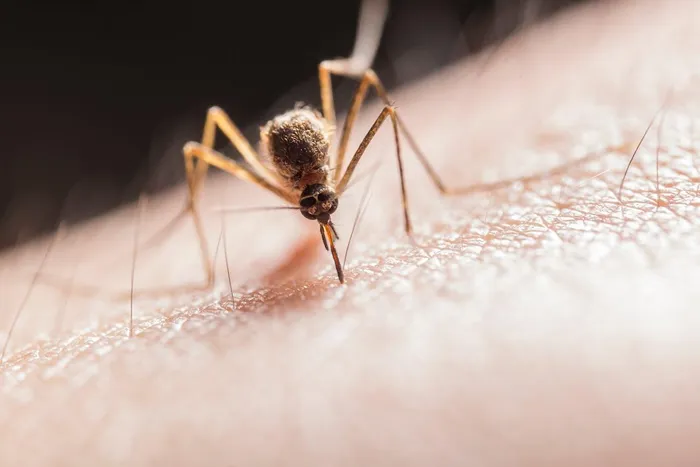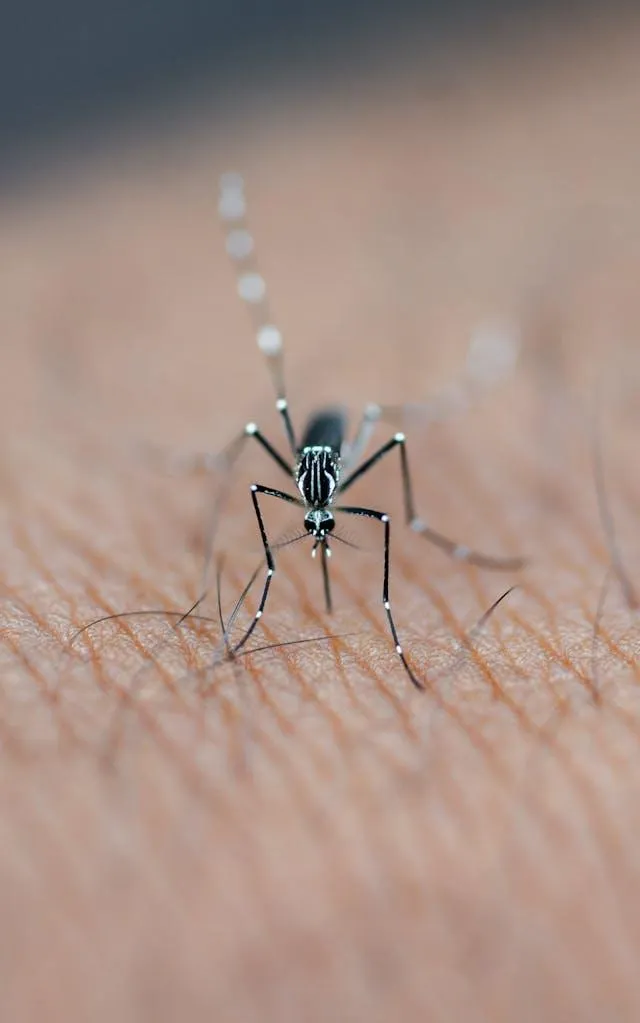Chikungunya virus: symptoms, treatments and how to protect yourself from the mosquito-borne threat

Southern China is experiencing a chikungunya outbreak, reviving memories of COVID-19 controls.
Image: Jimmy Chan/pexels
In what feels eerily like a return to 2020, southern China is facing an outbreak that’s reviving memories of the pandemic, but this time, it’s not Covid-19.
It’s chikungunya, a virus spread by mosquito bites that causes sudden fever and severe joint pain, often lingering for months or even years.
According to Bloomberg, the outbreak's epicentre is Foshan, a city in Guangdong province in South China, where over 6,500 cases have been reported in just a few weeks.
The local government is acting swiftly: hospitals are keeping patients under mosquito nets, drug purchases are being monitored, and communities are undergoing mass testing and disinfection campaigns.
What is chikungunya
Pronounced chik-un-GUN-yuh, the virus was first identified in Tanzania in 1952, but only arrived in China in 2008. Today, it’s known to circulate in over 110 countries, mostly in Africa, South and Southeast Asia, and now, more prominently, southern China.
According to the World Health Organisation (WHO), symptoms usually appear 3–7 days after a mosquito bite and include:
- Sudden high fever.
- Intense joint and muscle pain.
- Skin rashes.
- Headaches.
- Swelling of the joints.
While most people recover within a week, some may suffer from chronic joint pain for months, sometimes even years. Fortunately, deaths are rare, and the virus is not spread person-to-person, only through mosquito bites.
Still, in vulnerable groups like newborns, the elderly, and those with chronic illnesses like diabetes or heart disease, the illness can hit harder.

With over 7,000 cases reported, authorities are implementing measures reminiscent of the pandemic.
Image: Saeed Saeed/pexels
Not another lockdown, but a wake-up call.
Though the virus itself isn’t new, the scale of the response in China is catching attention worldwide. Authorities are now tracking people buying over-the-counter fever or pain relief medication, a tactic used during the Zero-Covid strategy, reports "Bloomberg".
Rather than lockdowns or digital tracking, outbreak control should focus on vector management and reducing human mosquito contact, Dr Donal Bisanzio, a senior epidemiologist at RTI International, a nonprofit research group, told BBC News.
According to Kang Min, Director of Guangdong CDC’s Institute of Infectious Disease Prevention and Control, new cases are slowing down, but challenges remain due to international travel and the flood season, which fuels mosquito breeding.
Here’s what local authorities are doing:
- Mass disinfection drives and stagnant water removal.
- Encouraging window screens and mosquito nets.
- Fines of up to 1,000 yuan (R2 600) for businesses not cleaning up mosquito habitats.
- Seven-day health campaigns in high-risk towns like Lecong.
- Communities light mosquito coils at the same time daily to maximise the repellent effect.
What does this mean for travellers and locals alike?
With the outbreak spreading to 12 cities in Guangdong province and a first imported case in Hong Kong, a 12-year-old boy who had visited Foshan, global attention is growing. The US State Department has even advised travellers to China to exercise increased caution.
In an interview with eNCA, Professor Tulio de Oliveira from the Centre for Epidemic Response and Innovation at Stellenbosch University discussed the chikungunya virus.
He noted that in South Africa, the NICD has recorded ten travel-related cases of this virus from December to July.
During the winter months, there are no immediate concerns about widespread outbreaks in South Africa. However, emphasised that the real concern for South Africa will arise in the summer when mosquito populations increase.
"The variant causing concern originated in Réunion Island in March, leading to a significant outbreak with nearly 50 000 infections. While it also spread to Mauritius, effective measures helped control it there."
He added, “This variant has mutations that allow it to spread more easily through certain mosquito species.”
“Climate change and rising temperatures are expanding the areas where mosquitoes thrive, which could lead to more chikungunya cases. “
He urged vigilance as the situation evolves, especially with the potential for more introductions of the virus into South Africa as the seasons change.
How to protect yourself
- Use mosquito repellent daily, especially in humid, rainy seasons.
- Install mosquito screens on windows and doors.
- Sleep under mosquito nets, especially if you live near standing water.
- Wear long sleeves and pants if you're outside at dawn or dusk.
- Eliminate stagnant water in plant pots, buckets, or outdoor containers.
If you’ve travelled to affected areas and develop fever, joint pain, or rash, see a doctor and mention your travel history. Early detection helps avoid complications and stops the spread.